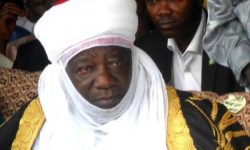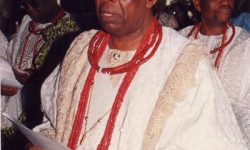Yoruba names often have tonal elements and syllables that can be challenging for non-natives to pronounce correctly, as tone is integral to the meaning of the name. That is why, Yorubas use amin (signs or symbols) for sounding words.
Some Yoruba names that may be particularly difficult for non-natives to pronounce include:
Ọlábísí (Oh-lah-bee-see) – The “Ọ” is pronounced with a distinct low tone.
Ọlọ́runṣọlá (Oh-law-run-shaw-lah) – The “Ọ” and “Ṣ” can be difficult for those unfamiliar with the sounds.
Àbèní (Ah-beh-nee) – The tonal “À” can be tricky to replicate accurately.
Àṣàbí (Ah-shah-bee) – The “Ṣ” sound is unique, and the tone on the "À" makes it even more distinct.
Ìfẹ́ọ̀lá (Ee-feh-oh-lah) – The rising and falling tones, especially on "Ì" and "ọ̀," add complexity.
Ọlọ́fínláyẹ̀ (Oh-law-feen-lah-yeh) – This name contains multiple tonal elements that change the meaning based on pitch.
Ọmọ́tàyọ̀ (Oh-maw-tah-yo) – The tonal structure of "Ọ" and "yọ̀" is key to accurate pronunciation.
Àyọ̀wùmí (Ah-yo-woo-mee) – Both the tones and the “ù” vowel can be tricky.
Ọláńrewájú (Oh-lan-ray-wah-joo) – The nasal “ń” and the tones on "Ọ" and "wájú" are challenging.
For those unfamiliar with Yoruba tonal pronunciation, the various tonal inflections (high, mid, and low tones) make a significant difference in meaning, which is why mastering these names can be difficult.
The toughest Yoruba names that non-natives find so hard to pronounce includes Gbenga (G-Benga), Gboyega, Soyombo,and Ajanlekoko.
Can you add yours?









